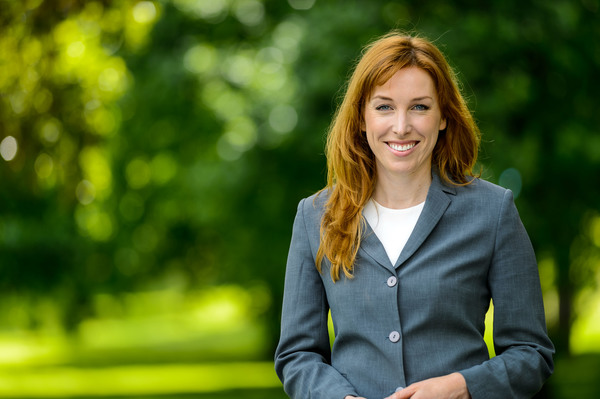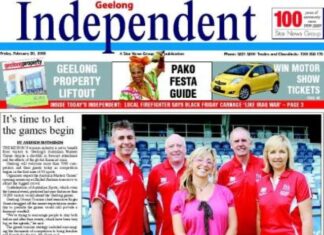Geelong residents could win their long fight for hard-rubbish collections after council this week agreed to a multi-million-dollar trial.
Residents would book collections at-call from April next year as part of the 12-month trial, with council levying each tenement $6.80 to cover the cost.
Community feedback led to councillors “strongly” driving the $3.75 million initiative, City Hall said.
Council examined several options but favoured a booked service over a blanket service with set collection dates, the City said.
Most other Victorian councils with hard-rubbish collections used the same model.
Residents would be allowed to book one collection a year online or by phone, the City said.
“Residents would have the option of having their waste collected from within their property boundary or from the kerbside.
“It’s expected the booked service would also keep streetscapes looking cleaner, reduce the risk of theft and dumping, and allow greater opportunity for recycling.”
The trial would cost council $750,000 next financial year and a further $3 million in 2019/2020, the City said.
An additional full-time City employee and a third-party provider would deliver the service.
Council’s environment and sustainability portfolio-holder justified the trial on community demand and environmental benefits.
“All councillors received a strong message from the community that hard waste was a priority, which is why we’ve put it forward,” Cr Sarah Mansfield said.
“It has the potential to produce real environmental benefits by diverting materials that might otherwise be dumped or sent to landfill into recycling,” she said.
“We’re looking forward to seeing it rolled out, and we encourage the community’s feedback.
Geelong’s council has run a single hard-rubbish collection since municipal amalgamations in the early ‘90s, with residents calling for another ever since.
The issue emerged again at council in 2013 but failed to gain the support of councillors, with the environment and sustainability portfolio-holder of the time labelling the service “financially unviable”.
The collections would cost millions of dollars but residents would still continue dumping hard rubbish, Andy Richard said.
Cleaning up illegal dumps, which was costing council $350,000 a year, would provide a better result, he said.
Council will evaluate the results of the trial early in 2020, City Hall said.
The City would run the collections in conjunction with existing waste disposal programs such as its offer to dump for free whitegoods, paint, scrap metals, oils, car batteries, gas cylinders, TVs and computers at Drysdale and Geelong tips.









